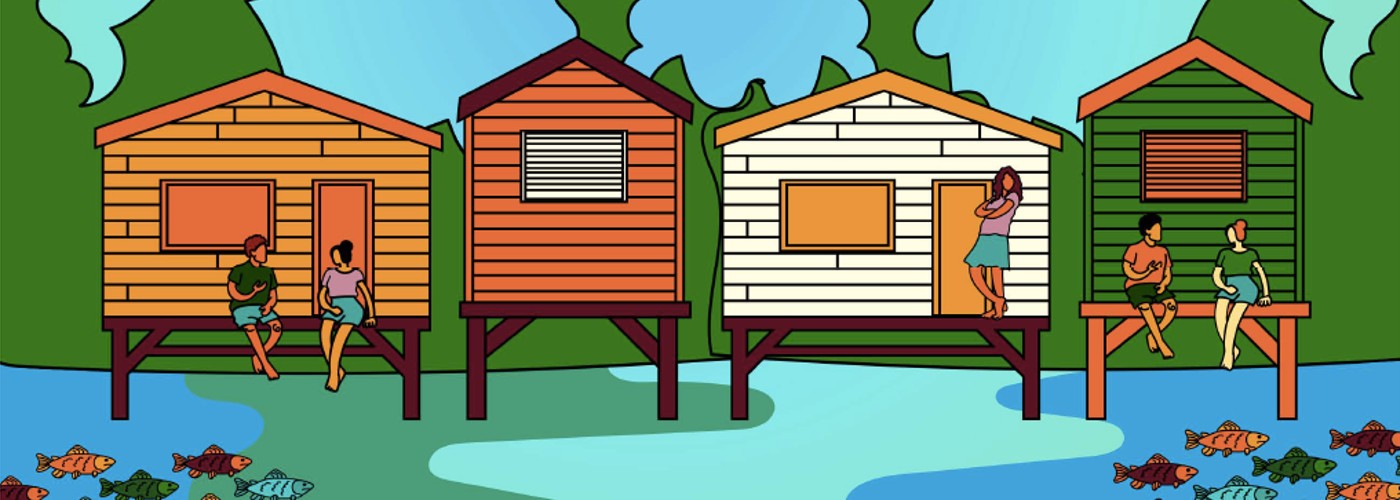Climate Bills: Research and Policy Recommendations
Hivos and local partners in Brazil and Zambia conducted mixed-methods research with 236 households to better understand how climate change is reshaping daily life, budgets, emotional wellbeing, and survival strategies.

